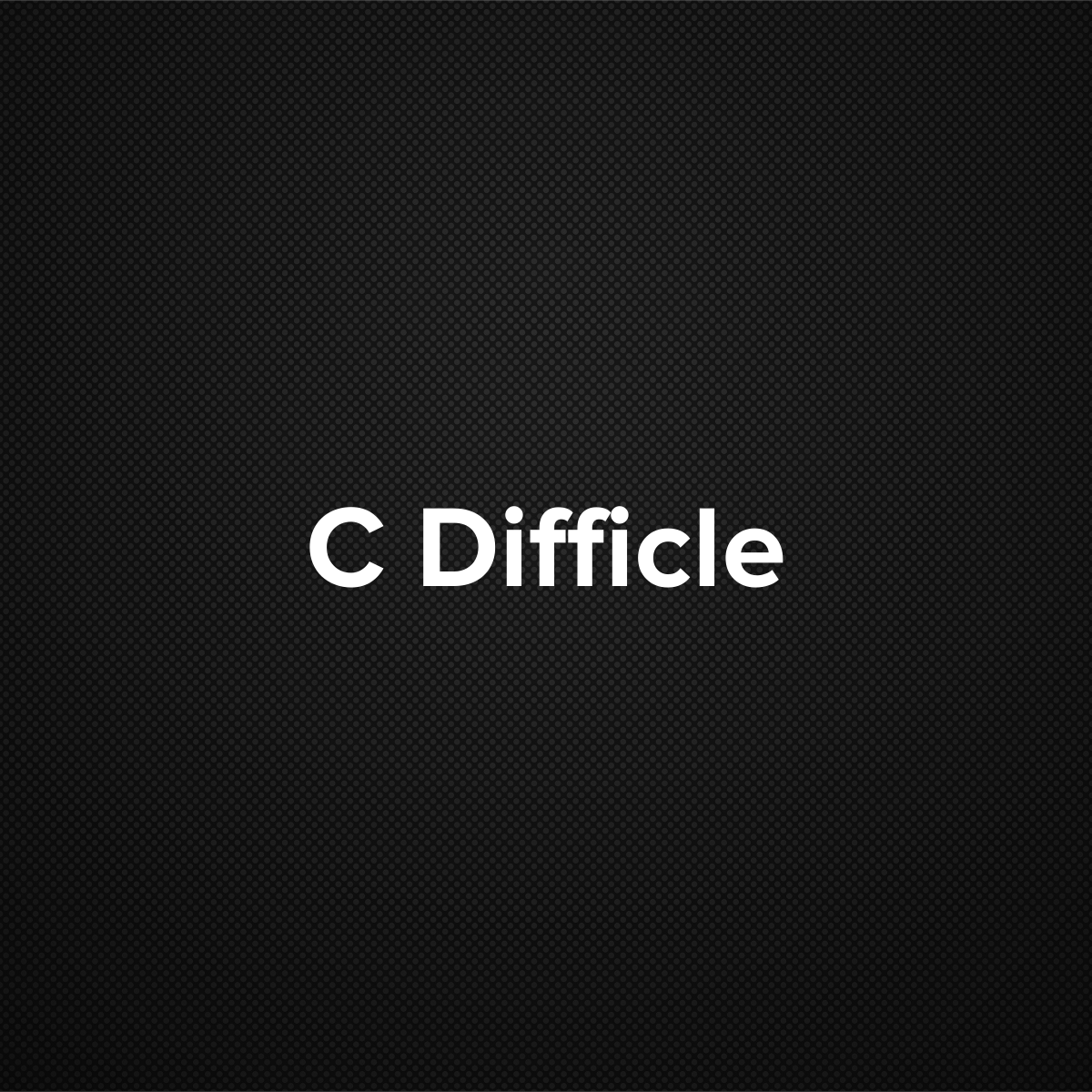Causes and risk factors
Clostridium difficile causes Pseudomembranous colitis. Intestines have a rich flora of homeless bacteria which helps in digestive function. Medications like antibiotics disturb the balance between the healthy and harmful bacteria in the intestine. This gives bacteria like clostridium difficile an opportunity to over grow. During their overproduction they release toxins which cause irritation and inflammation of the colon leading to colitis. Other factor causing C.difficle infection is chemotherapy. Inflammatory Bowel disease like crohn’s disease, ulcerative colitis can also lead to the infection. Risk factors include advanced age, weakened immune system, and history of intestinal surgery.
Clinical presentation
Patient presents with profuse diarrhoea which may be watery or bloody, severe abdominal pain and cramping [colicky pain], mucus in stools followed by dehydration, nausea, loss of appetite. It can be associated with fever and malaise.
Investigation
Medical history by the patient of antibiotics treatment and Clinical examination by the doctor helps in diagnosis. Tests such as routine haemogram, stool examination is done. Imaging studies Colonoscopy or Sigmoidoscopy, abdominal x-ray, CT scan will help in further evaluation.
Treatment
The first step in the treatment is discontinuation of the ongoing antibiotics. If the symptoms do not subside after this, doctor may prescribe another antibiotic which is effective against C. difficile. Fluid replacement therapy to replace the fluid loss due to diarrhoea. Probiotics may be tried to help the growth of healthy bacteria. Surgery in indicated in severe cases or cases that do not respond to conservative measures.
Other Modes of treatment
The other modes of treatment can also be effective in treating C.difficle infection. Homoeopathy is a science which deals with individualization considers a person in a holistic way. This science can be helpful in combating the symptoms. Similarly the ayurvedic system of medicine which uses herbal medicines and synthetic derivates are also found to be effective in treating C.difficle infection.






























